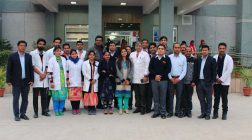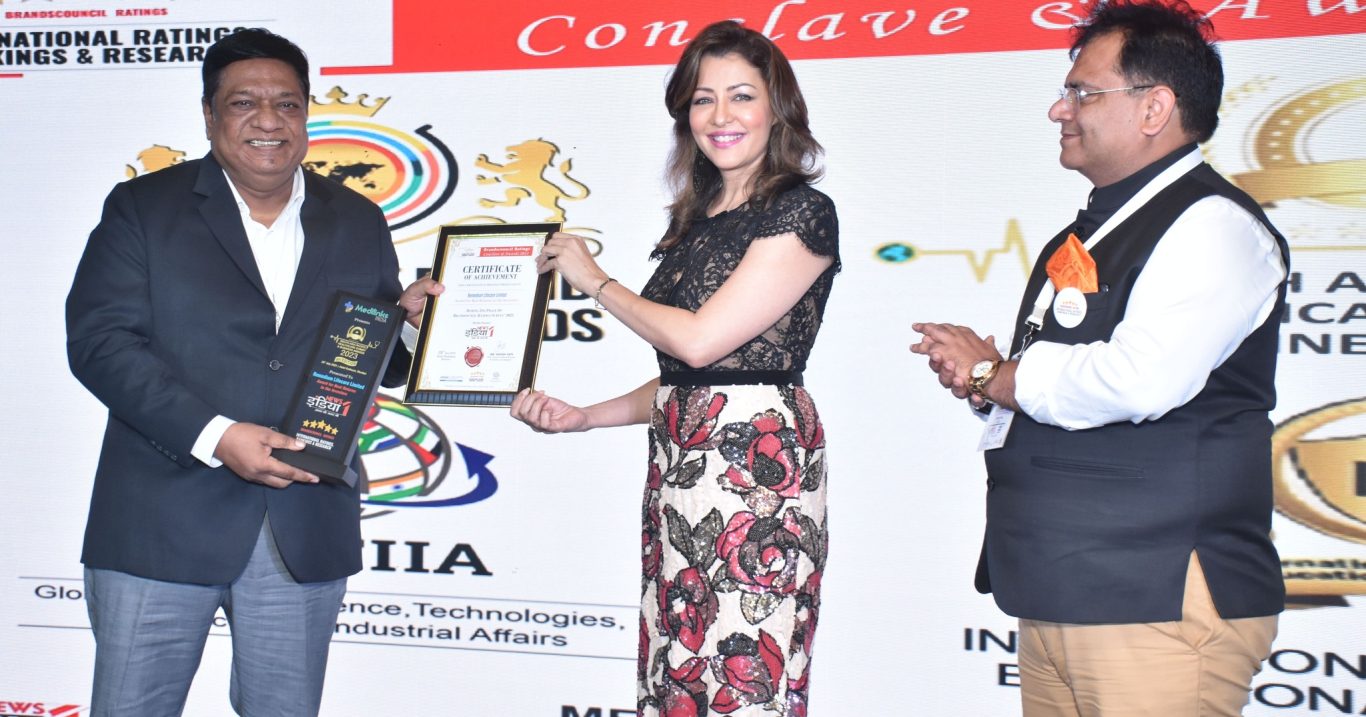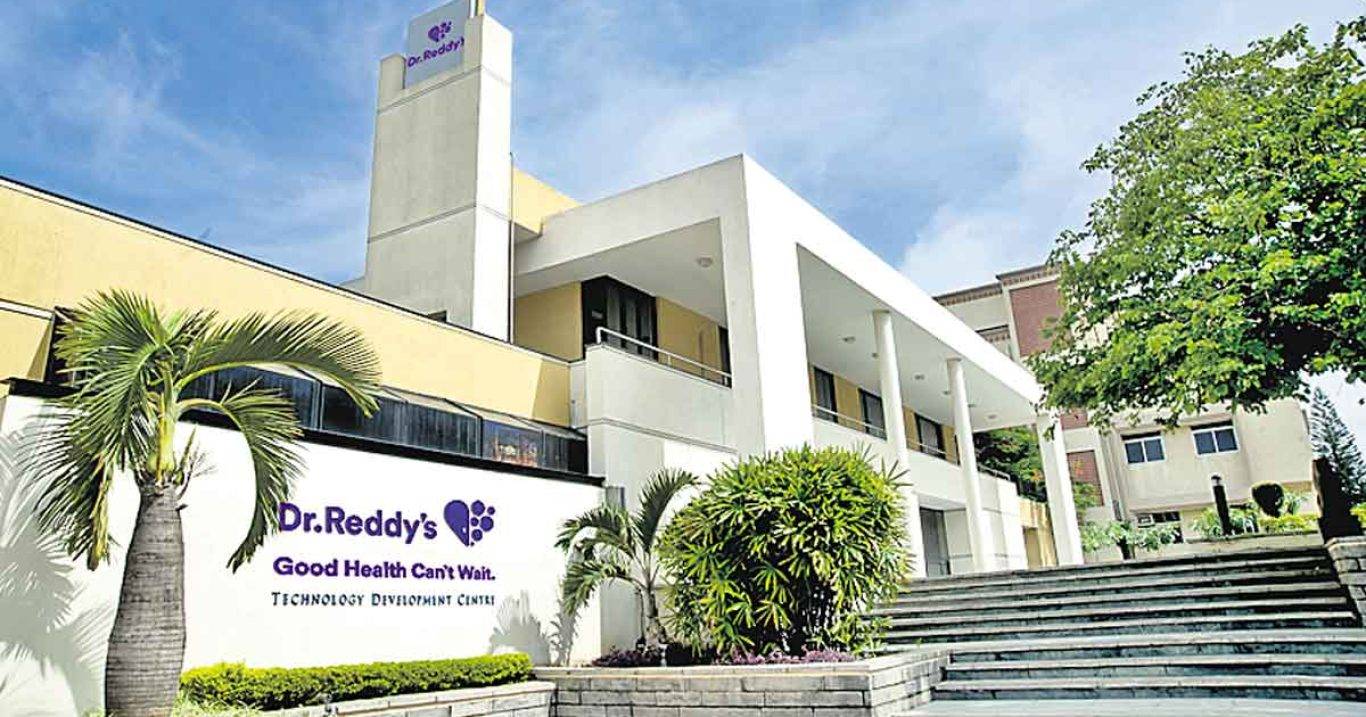Kiran Shaw Upbeat on bio-pharma 2014 Growth
India’s bio-pharma industry could see the year 2014 to bring in the much-needed positive change. The country’s early adoption of biosimilar regulatory guidelines, accrued benefits of low cost manufacture and access to quality talent pool that could help the industry spring back, stated Kiran Mazumdar-Shaw, chairman and managing director, Biocon Limited.

The industry had a tough 2013 driven by the Indian economy having to experience one of its most turbulent times. Indian bio-pharma sector decelerated to 5.2 per cent in 2013 from an average growth of 12 per cent the previous year. Adverse policy moves like the drug pricing, foreign direct investment (FDI), clinical trials and compulsory licensing made matters worse. An overactive US FDA hauled up several leading Indian pharma companies for non-compliance. All these negative developments collectively turned 2013 into an ‘Annus Horribilis’ for the Indian bio-pharma sector, she added.
But the silver lining was provided by India’s early adoption biosimilar norms enabling approval of the world’s first biosimilar, Herceptin for breast cancer developed in India by Biocon and Mylan. In 2014, India will offer another affordable cancer biosimilar trastuzumab also from Biocon which also paves the way for its introduction into the global market, Shaw told Pharmabiz.
As 2014 is an election year, we expect the winds of change to usher in a stable majority government at the Centre. Hopefully, that will be a starting point for addressing some of the country’s long-pending challenges through policy reforms in the right direction. “We hope that the new government would create an ecosystem that generates real jobs, good infrastructure for industrial growth, facilitate ease of doing business in the country, and promote better governance. We will also need innovative solutions to address the numerous challenges facing the country and put the economy back on track,” she said.
One of the most critical challenges in India is the inaccessibility to healthcare. To address this issue, the government needs to not only relook at its public health policy but also introduce various regulatory reforms including a smarter approval pathway that cuts the cost of drug development to allow affordable innovation. Regulatory reforms also need to address issues related to intellectual property and clinical trials. Use of technology for procurement and distribution will also enable better access to drugs, said Shaw.
The Indian pharma sector also needs to regain its reputation as a provider of high quality affordable generics to healthcare systems globally. It must therefore move swiftly to address non-compliance with manufacturing best practices and must introduce rigorous processes for self-audit that ensures zero tolerance of non-compliance. Leveraging the strengths of low cost manufacturing and quality talent pool would help India gain global recognition. In fact, India now needs to sustain this through corrective action, she said.










